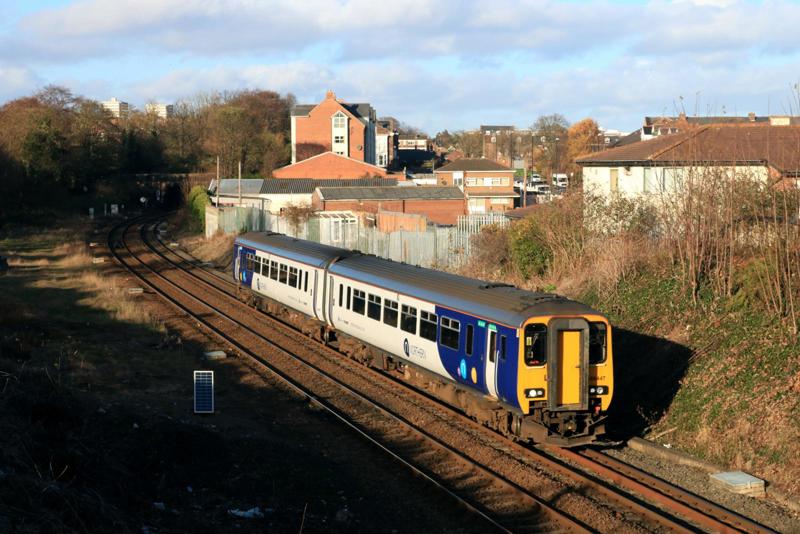
Northern Trains has taken a significant step towards the largest investment in its history, with the potential to see up to 450 new trains introduced across its network. The publicly owned operator has invited major train manufacturers to begin negotiations for the supply of new trains to replace its ageing fleet, much of which dates to the 1980s and 90s.

Northern Trains has taken a significant step towards the largest investment in its history, with the potential to see up to 450 new trains introduced across its network. The publicly owned operator has invited major train manufacturers to begin negotiations for the supply of new trains to replace its ageing fleet, much of which dates to the 1980s and 90s.
This phased replacement program will see a mix of electric and multi-modal (diesel/electric) trains introduced. The company has also specified that battery-powered trains should form a part of any proposal it receives.
Notably, multi-modal units will be designed for future conversion to battery or electric-only operation, aligning with the government's net-zero targets.
Northern had initially began a tender process in August 2023, inviting companies to respond with sustainable options for upgrading its fleet.
Most of the largest train manufacturers have responded to the tender and Northern confirmed that Alstom, CAF, Hitachi, Siemens and Stadler will now enter negotiations with Northern. It is unclear currently on timescales for the manufacturing of the trains however as part of the negotiations, Northern has set strict targets for delivery.
Northern is aiming to replace its Class 150 Sprinters which date from the mid-80’s, its seven 155s that it has in circulation and its large fleet of Class 156s which cover a majority of its north western routes.
This phase will also include 12 electric three-carriage trains for services between York, Leeds, Huddersfield, and Manchester, following the electrification of the Transpennine Route.
Northern is hoping that by simplifying its fleet with fewer train types, will lead to streamlined operations and reduce maintenance costs.
Tricia Williams, managing director of Northern, emphasised the urgency of this fleet upgrade, stating that nearly 60% of their current trains are between 32 and 40 years old. She highlighted that this project will not only transform the passenger experience but also solidify electric and battery power as the long-term energy sources for Northern's fleet.
Rail Minister Lord Hendy said: “This vital fleet upgrade will create smoother journeys and help Northern provide the services their passengers deserve. It’s also great news for our rail manufacturing industry and demonstrates that the pipeline for orders is strong.”
Williams added that moving to battery electric and removing its diesel fleet was a necessary move.
Williams added: “The new trains will support the government’s commitment to achieving Net Zero operations by 2050 whilst reflecting the reality that only 25% of the Northern network is currently electrified.”
It is expected the contract will be awarded to the successful bidder or bidders in 2026, with an aim to have first trains delivered to Northern by 2030.
Login to continue reading
Or register with RAIL to keep up-to-date with the latest news, insight and opinion.


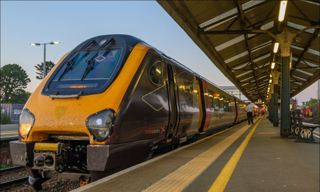
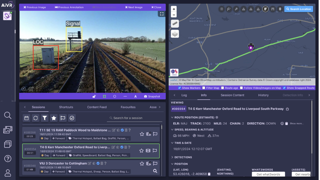
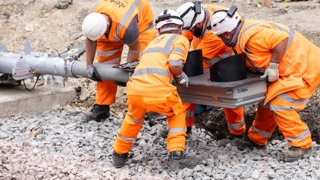
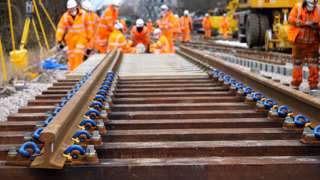











NickJ - 17/01/2025 12:56
Is this 450 carriages, (so around 150 train sets) or actually 450 new train sets?